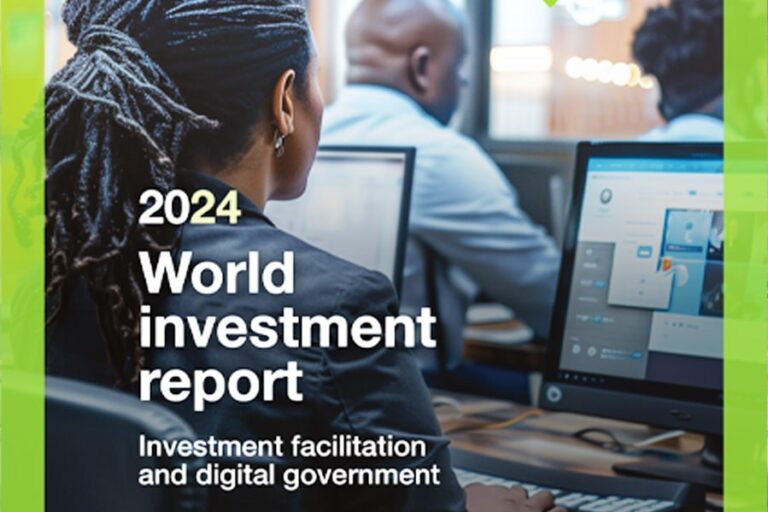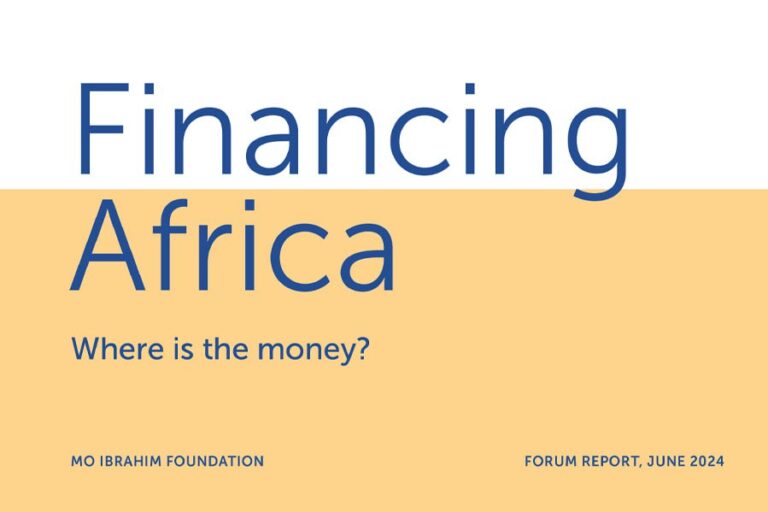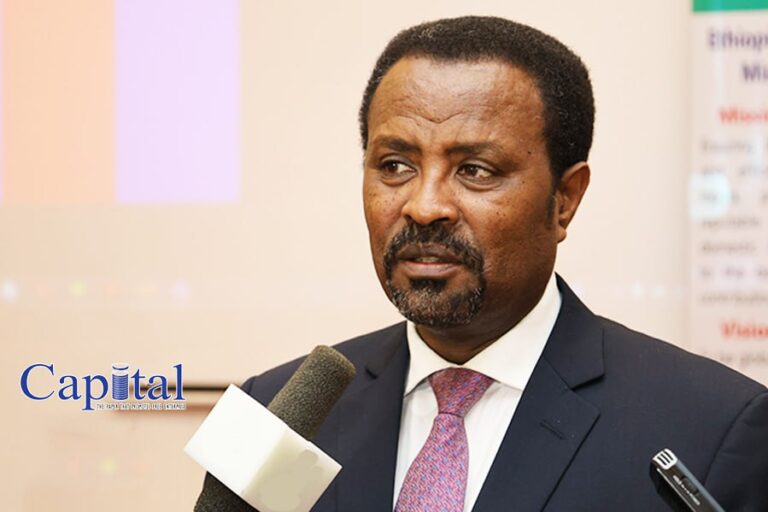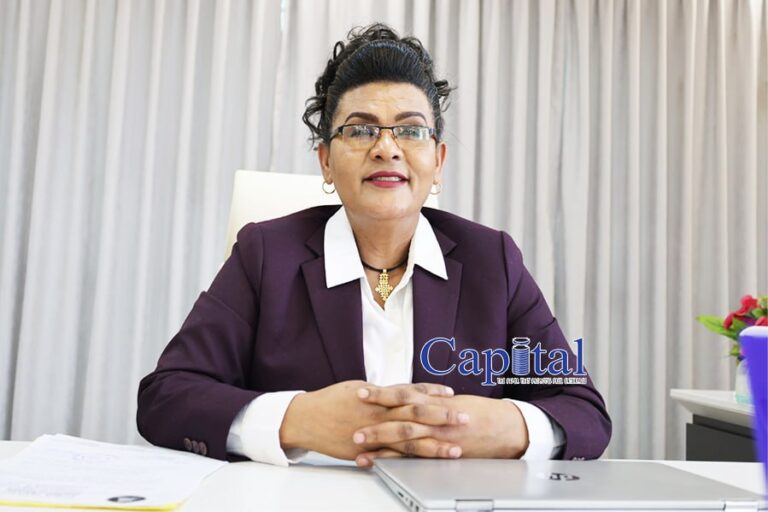As Africa grapples with the daunting task of financing its ambitious development agendas, one country has emerged as a standout performer – Ethiopia.
According to the 2024 Mo Ibrahim Foundation Forum Report, Ethiopia is bucking the continental trend when it comes to mobilizing domestic resources. The report notes that Africa as a whole has government revenues that are only half that of OECD countries relative to GDP.
However, Ethiopia is an exception. “Ethiopia has been able to steadily grow its tax revenues, which now account for a respectable 15% of its GDP,” the report states. This places Ethiopia well above the African average, demonstrating the country’s ability to effectively harness its own resources to fund development.
The report also highlights Ethiopia’s success in tapping into other domestic financing sources, such as remittances and pension funds. Ethiopia accounts for over 12% of Africa’s total remittance inflows, which reached nearly $100 billion in 2022. Additionally, the country’s pension funds, while still small compared to global standards, have grown to over $10 billion in assets.
“Ethiopia’s approach to financing its development priorities serves as a model for other African countries,” said Akinwumi Adesina, President of the African Development Bank Group, who contributed to the forum report. “By focusing on enhancing domestic resource mobilization, Ethiopia is charting a more sustainable path forward.”
The report notes that while substantial external financing is still needed to fully implement Africa’s development agendas, countries like Ethiopia are showing that the continent’s own resources can play a central role. As Africa works to unlock its vast potential, the report suggests that other nations would do well to follow Ethiopia’s lead in mobilizing domestic resources for growth and transformation.
The report notes that while substantial external financing is still needed to fully implement Africa’s development agendas, countries like Ethiopia are showing that the continent’s own resources can play a central role. As Africa works to unlock its vast potential, the report suggests that other nations would do well to follow Ethiopia’s lead in mobilizing domestic resources for growth and transformation.
The report, “Financing Africa: Where is the Money?” provides a comprehensive analysis of both the financial needs deemed necessary for Africa to meet its development and climate goals and the resources that are currently available. The report makes the point that the resources mostly exist, but either lack the relevant processes to be effectively allocated where needed, or, significantly when it comes to domestic resources, are either dormant or misused.
Commenting on the release of the report, Mo Ibrahim, Founder and Chair of the Mo Ibrahim Foundation, said “We need a complete change of paradigm. This is not about Africa coming to the developed world with a begging bowl and developed countries considering how much more they can pledge. This is about smarter money, not just more money. As this report outlines, the money is already there. But current processes prevent resources from being used to properly address the challenges. Steps must be taken to reform the international financing system and update African debt structuring, risk assessment and mitigation and aid conditionalities. Even more, our continent must stop squandering its own assets and take proper ownership and responsibility. In short, we must apply good governance to ensure these assets are adequately leveraged for the best interests of our people.”
The report first identifies the substantial but often incoherent numbers associated with Africa’s development and climate goals. While the task of assessing financial needs is complicated by inconsistent data from multiple sources, the figures all point to staggering numbers. And whatever the numbers, the report underscores the critical need to ensure climate finance does not crowd out development finance, forcing African nations to choose between development for their population and environmental sustainability.
The report then analyses financial contributions from non-African sources. Official Development Assistance (ODA) accounts for nearly 10% of the continent’s financial resources. But ODA from western donors remains primarily directed towards health and education, and often comes with specific conditionalities. Meanwhile non-DAC countries commitment to Africa is growing steadily and addresses the demand. Debt cannot be the way out, as stock and servicing costs have tripled since 2009, and its increasingly complex structure renders traditional relief efforts obsolete. Other key issues include inadequate African risk assessment and mitigation, the IMF’s specific surcharges, and dormant ODA funds.
But the main source could well be Africa’s domestic resources, which, according to the African Union, should on average cover between 75% and 90% of the needs to finance Agenda 2063. However, most of those resources appear to be potential or dormant at best and are too often misused. Preventing leakages through Illicit Financial Flows (IFFs) could bolster resources by up to $100 billion annually, surpassing both ODA received ($81 billion annually) and remittances sent back to the continent ($97 billion annually). With the average tax-to-GDP ratio in Africa still at 15.6% – half the OECD average – strengthening tax systems appears a quick win. Indeed, Africa lost $46 billion in corporate taxes due to tax incentives in 2019, more than half of ODA received. The report also highlights the potential of leveraging remittances, sovereign wealth funds, pension funds, and private wealth. Additionally, monetising Africa’s green assets including biodiversity, critical minerals, carbon-sinking potential can unlock notable financial resources, provided that good governance and allocation of resources to people’s development is ensured.








